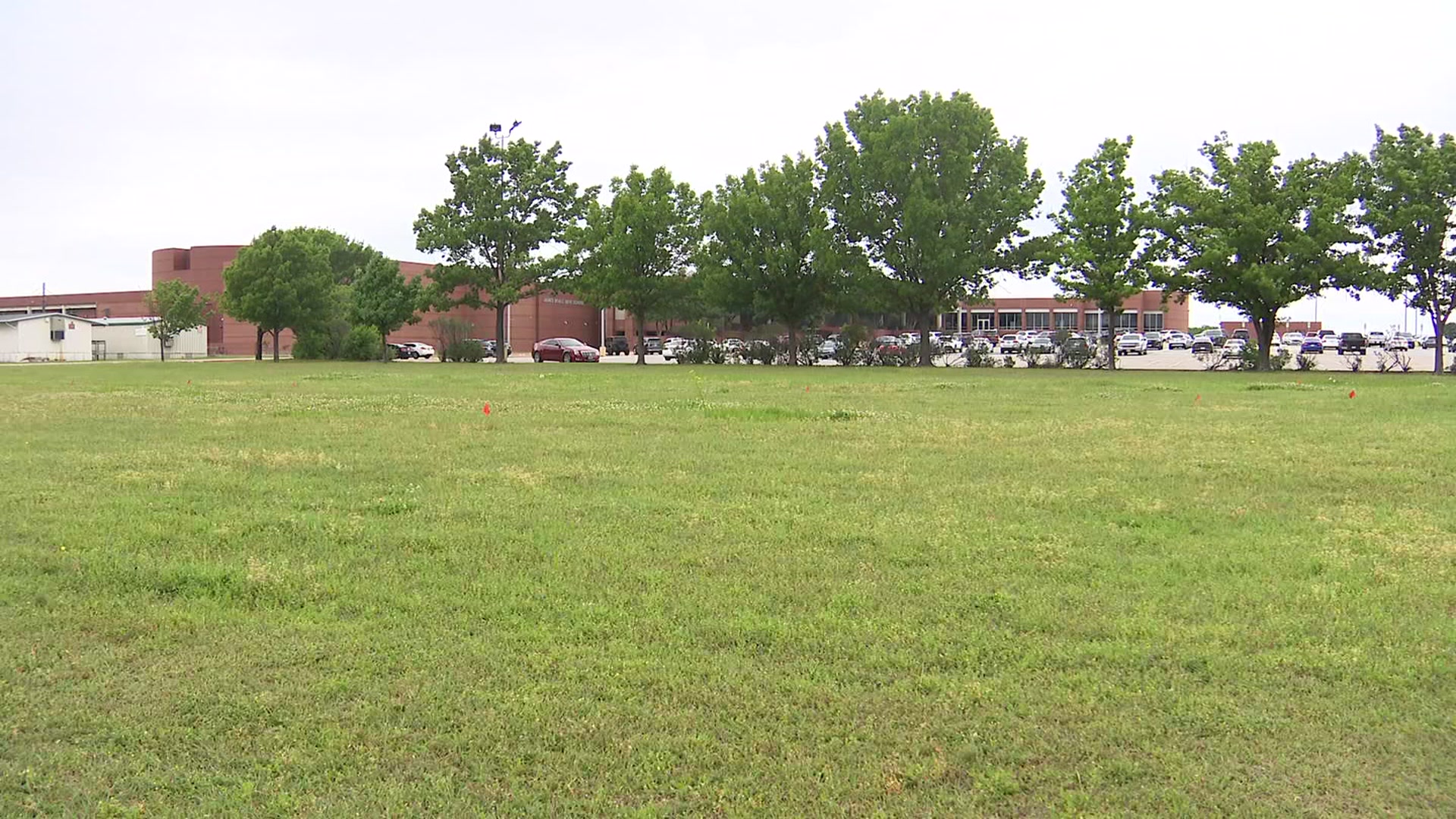Dori Contreras was living in Houston and working as an accountant when she decided to make a life change and go to law school.
The Corpus Christi Caller-Times reports she was married and had two daughters at the time, and couldn't afford to quit her job. So she kept working, all while attending part-time night classes at the University of Houston Law Center.
That continued for a year and a half, until she got to go to the school full time.
"I remember just telling myself `this is temporary ... this is a sacrifice that they (family) will benefit from as well,' " Contreras said.
Data is out there showing that many other women are making similar sacrifices.
In Texas, 35 percent of district court seats were held by women as of Sept. 1, according to statistics from the Texas Judicial Branch. That was before the most recent election cycle. Less than 40 percent of all appellate and trial judges across the state were women at the time.
But that could change, as more women are passing the bar in Texas and becoming lawyers.
Local
The latest news from around North Texas.
That also could eventually lead to more women presiding over court cases.
Eventually Contreras graduated and had been practicing law for about five years when she decided to run for judge.
A college friend -- Leticia Hinojosa -- was a court-at-law judge in Hidalgo County with her eyes on a district court seat.
Hinojosa told Contreras to run for the post she planned to vacate.
"I was a complete novice politically in terms of running for office," Contreras said.
She was up against four men in the 1996 primary. She made it to a runoff, but eventually lost.
Contreras could have stopped there, but didn't.
In 2002, a spot opened up on an appellate bench and she ran.
The outcome was different that time.
Years later, she became the first woman chief justice on the 13th Court of Appeals.
"I felt I was the most qualified person to be the next chief, but I also wanted to serve as an example to the girls in the community," Contreras said in an interview.
In Nueces County, four of the eight state district judges are women.
Two of the five county court-at-law judges are women.
Four of the six 13th Court of Appeals justices are women. That court covers 20 counties, including Nueces County.
Nanette Hasette remembers her early years on the bench and the few women in office. She's been a state district judge longer than others currently on the bench in Nueces County.
She was elected in 1996 and was one of just a few women in a judicial post at the time.
"I think it's a good mix-up now," Hasette said. "It didn't use to be."
Women make up nearly 51 percent of Nueces County's population (50.6 percent to be exact), according to U.S. Census data.
Several Nueces County judges stressed the importance of having a judiciary that mirrors the population it serves.
"I don't think the bench should be all women, I don't think it should be all men," 347th District Judge Missy Medary said, in her chambers. "I think it should be black, white, Hispanic, women, men. I think it should be a mixture of the community that we live in."
Medary is also the first woman to serve as presiding judge for the 5th Administrative Judicial Region.
There are also women judges in the area's justice of the peace courts, on the federal bench, in visiting judge roles, on municipal benches, among others.
Judges also said women and men can bring different perspectives to the bench.
"If you take your job as a judge seriously, then it doesn't matter what sex you are because you're going to do what's right and what the law tells you to do," Hasette said.
Inna Klein developed a profound respect of the law early in life.
She was born in Russia during the Cold War and came to the United States as a refugee at 13.
Some of Klein's earliest memories revolved around ethnic and gender inequality in her former homeland and a lack of rights and checks and balances there.
Today, she presides over the 214th District Court.
"I witnessed firsthand political arrests and convictions within our immediate family and friend circle," Klein said. "I remember convictions and punishments handed out without a legal process, without any assistance from a lawyer."
Those images would motivate later her.
Klein learned English watching soap operas, and practiced law through a special program while she was a student.
She believes women often add "a different angle of thought, creativity and multitasking."
"I clearly recall making a promise to myself during those dark days that one day I would become someone who would be able to help people going through the maze of the legal system, and be someone who would stand up for the outcasts.
"I also vowed to never forget where I came from."
March was Women's History Month. It's been about 100 years since women earned the right to vote. The 19th Amendment was passed by Congress in 1919 and ratified in 1920.
"The younger generation, i.e., my daughter, (have) no idea of those subtle acts of discrimination that some of us have faced along the way," said 117th District Court Judge Sandra Watts at an International Women's Day luncheon last month.
It was more than six decades after women got the right to vote that the first woman was elected as a district judge in Nueces County.
That was in 1982. And that person was Rene Haas.
She continues to practice law in Corpus Christi.
Rachel Littlejohn preceded Haas as the first woman to serve as a district judge in South Texas. She was elected to the 156th District Court in November 1974.
Justice Gina Benavides, who sits on the 13th Court of Appeals, pointed to Justices Sandra Day O'Connor and Ruth Bader Ginsburg as pioneers who broke the glass ceiling for other women practicing law.
"Women have been historically marginalized in our society, and particularly in the legal profession," Benavides said. "The struggle continues until we no longer ask (if) it is important, but rather that is right to have women in all leading roles."
These women are just a few of the firsts in Nueces County and South Texas, and even years later there are still "firsts" in the area, like Medary and Contreras.
"So we still have a ways to go," Contreras said. "And the only way we do that is by mentoring young women."
In a speech earlier in March, Medary stressed the importance of having women in positions of power to lift up one another.
"Pass it on," she told attendees. "If you had a mentor who helped you, be that mentor to someone else. If you didn't have a mentor, be the mentor you wish you could have had."
In the past 10 years, the number of women attorneys in Texas has increased by 41 percent, according to statistics from the State Bar of Texas from the end of 2018. There were 37,477 female lawyers in the state in 2018, compared with 26,508 in 2008.
Women made up 36 percent of attorneys with bar membership in the state, according to the report.
Medary told the Caller-Times she's been fortunate enough to have several female mentors: a prosecutor in New Orleans, a judge in Houston and others in Nueces County.
"As women who have reached a certain level of success in their lives, I think we're obligated to give back to not only our community, not only our constituents, but the women that are coming behind us," Medary said.
"It's our job to teach them, to show them how to lead the next generation."



